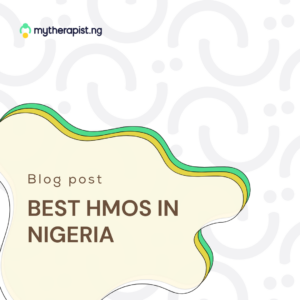PTSD is a trauma- and stressor-related disorder that can develop after experiencing or witnessing life-threatening events (e.g., combat, natural disaster, sexual assault). It involves intrusive memories, avoidance, negative alterations in mood/thinking, and heightened arousal.
Key Points:
- Core Symptoms:
- Re-experiencing: Flashbacks, nightmares, intrusive thoughts.
- Avoidance: Steering clear of reminders of the trauma (places, people, thoughts).
- Negative Mood/Cognitions: Persistent fear, guilt, shame, distorted blame, loss of interest.
- Hyperarousal: Being “on edge,” startled easily, irritability, sleep difficulties.
- Complex PTSD (C-PTSD): Often arises from prolonged or repeated trauma, featuring additional symptoms like emotion dysregulation and negative self-concept.
- Treatment: Trauma-focused therapies (e.g., EMDR, trauma-focused CBT), medication (SSRIs, SNRIs), and supportive interventions (group therapy, service dogs).



